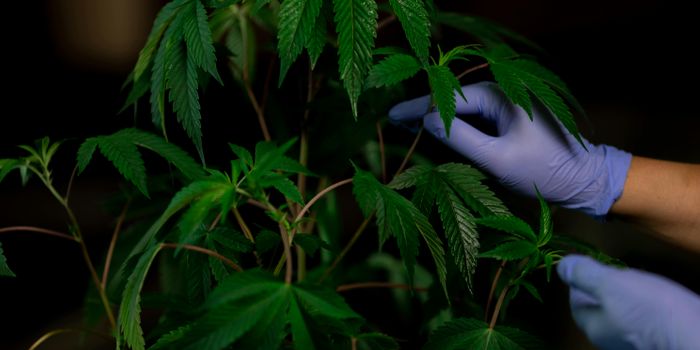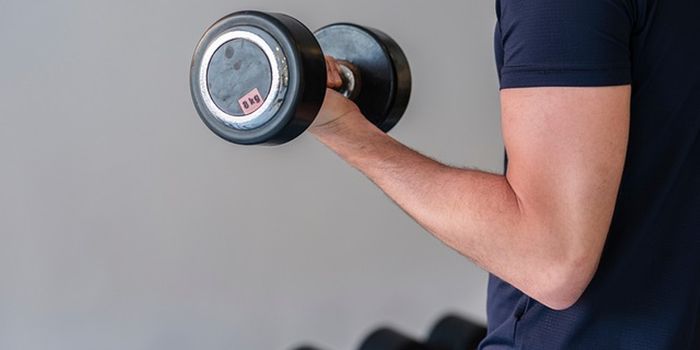Does Sleep Apnea Affect Blood Pressure During REM Sleep?
Sleep is a time for your body to rest and recover from the day. Your heart slows down, and your breathing relaxes. Unfortunately, not everyone experiences constant restful sleep.
Obstructive sleep apnea is a condition that restricts the upper airway during sleep. This has an effect on the cardiovascular system and can change heart rate and blood pressure. Normally, blood pressure will fall during sleep. A reduction above 10%, the person is considered to have entered a “dipping pattern”, with those that don’t reach a 10% reduction being characterized as “non-dippers”.
In a new study, a team from King Saud University in Saudi Arabia wanted to investigate the relationship between obstructive sleep apnea and these dipping patterns. In particular, they wanted to see how REM cycles affected blood pressure in patients with sleep apnea. REM sleep is a short period when the body sort of “wakes up”. Heart rate increases, brain activity increases, and breathing increases. These changes likely exacerbate blood pressure, and they wanted to know if there were any cardiovascular complications associated with blood pressure dipping during these REM periods.
The study included thirty obstructive sleep apnea patients and used a non-invasive method called pulse transit time to look at the patient’s blood pressure. They began by measuring the patient’s apnea-hypoxia index during REM and outside it. The apnea-hypoxia index measures the number of times a patient stops breathing for 10 seconds or more, and it was found to be higher during REM sleep. “Non-dippers” were more prevalent during REM sleep than non-REM sleep (93% compared to 80%). Non-dippers during non-REM sleep tended to have a higher severity of obstructive sleep apnea, which statistical analysis confirmed was significant.
The study notes that dipping and non-dipping blood pressure studies tend to focus on healthy individuals. Patients with obstructive sleep apnea have altered sleeping patterns and therefore might have different dipping and non-dipping patterns. The team found that severe obstructive sleep apnea tended to be more prevalent in non-dippers. They recognize that the study group was relatively small, but demonstrate that there may be a link between obstructive sleep apnea and blood pressure dipping outside of REM sleep.
The study concludes, “In summary, this preliminary report demonstrated that BP-dipping occurs during both REM and NREM-sleep in a small percentage of patients with OSA. There was a trend of more severe OSA among the non-dippers during NREM-sleep.”
Sources: Nature Scientific Reports, Southern California Pulmonary and Sleep Disorders Medical Center









